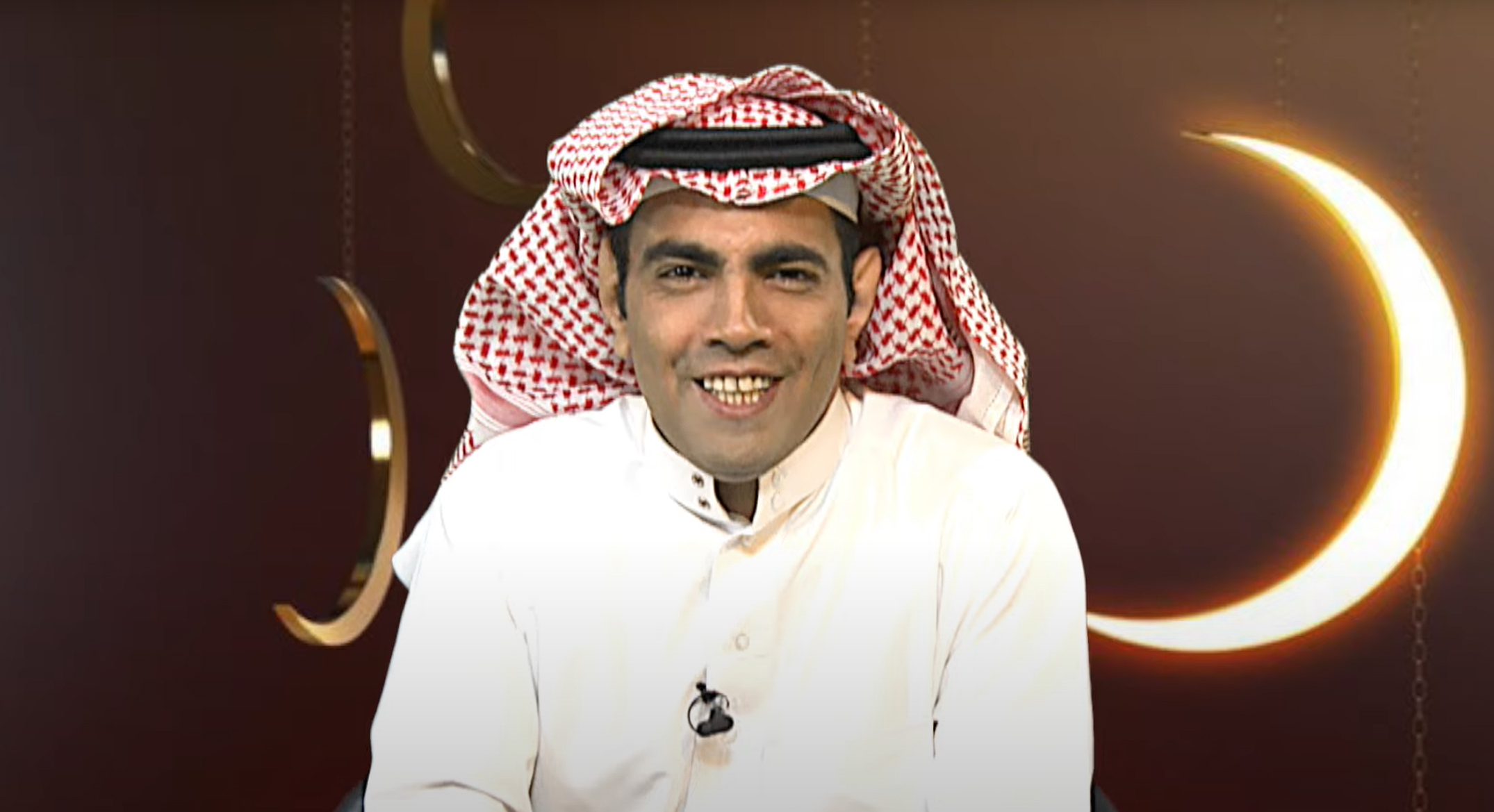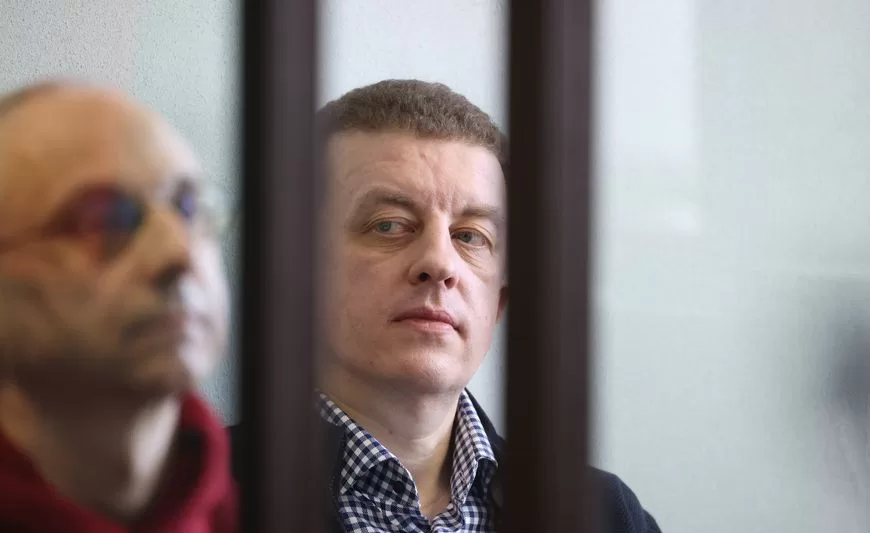Within a few hours of Ghanem al Masarir accepting the invitation to perform at Index’s January comedy night – an event centred on dissent – the Saudi satirist had sent over a script of what he wanted to say.
It was great – funny, pacey and laced with on-the-nose jokes about Saudi’s Crown Prince that you’d want from a dissident. The only problem was it was a bit short for his allocated timeslot. Could he expand it?
His reply was to pull out of the event entirely. He told me his mental health was in such a state that he didn’t think he could do it. We’d spoken in the morning, a time when he typically feels more robust. By the afternoon he’d been having doubts and was concerned that, as per his current pattern, he’d be unable to muster the strength to perform at a night-time event. My request for a bit more bulk tipped him over the edge.
Al Masarir’s message was disappointing, but it was not unpredictable. The Saudi authorities have been terrorising him for years, in a way that is intended to destroy his mental, as much as his physical, health.
He arrived in the UK in 2003 when he came to study. He was in his early 20s and had no intention to stay, but while he was here he encountered Saudi opposition – a fact that made its way back to Saudi authorities who, in al Masarir’s words, went crazy.
“They wanted to make my life miserable. If you visit Osama bin Laden they’re fine with that, but not if you visit opposition,” he told Index.
Al Masarir said the harassment took the form of trying to discredit his reputation and thereby limit his professional opportunities, as well as illegal actions such as stealing his car (it apparently later showed up in Dubai) and hacking his bank account.
His first job was recruiting students from the Middle East to study in the UK, something he was driven out of after several people he recruited were themselves threatened.
In 2015, al Masarir turned his hand to comedy. He set up a YouTube channel on which he’d post satirical videos, talk show-host style, about the Saudi state. The videos were watched by tens of thousands, mostly from Saudi Arabia – a testament to the hunger in the country for this kind of content (“black messages”, as al Masarir calls them), which he thought would be more effective in their messaging than more formal content.
Throughout this time al Masarir was still in contact with his family. That ended in 2017 following a campaign where he called on people in Saudi Arabia to upload their own videos (which some did, using VPNs to protect themselves). The Saudi authorities promptly pressured his family to cut ties and he hasn’t spoken to any of them since – an obviously painful fact, and one that he says he tries not to think about too much in a bid to stay positive.
I wanted to meet al Masarir, to speak to him face to face. But he is evasive. Then he tells me he rarely leaves his London home.
“I used to go to Hyde Park to walk around. I’d meet people in the city centre. Now I don’t,” he said.
In 2018, al Masarir was outside Harrods in central London when he was badly beaten by men who, it is believed, were hired by the Saudi state. (Citizen Lab confirmed that his phone had been hacked using Pegasus spyware.)
While al Masarir was lucky to get away without anything broken, the same could not be said of his spirit. “They destroyed me emotionally,” he said.
“The UK is a great country and everything is amazing, but I think the UK is too close to the Saudis. You run away from the evil Saudis and they can reach you in the West.”
At the same time, they destroyed him financially, blocking his videos in Saudi Arabia and asking YouTube on occasion to take them down. He said they obliged.
Al Masarir must have had a morsel of strength left, though, because in 2022 he made the unprecedented move of suing the Kingdom of Saudi Arabia in the UK for hacking his phone and for the 2018 assault. He won the case, only to have the Saudis appeal it a year later. They lost, and today al Masarir is awaiting the outcome of the damages they owe him, and he hopes to get what he deserves for what they’ve done to him.
Is there a number that can be put on that? The short answer is “No”.
“I’m now 43. I’ve lost the best years of my life. I don’t think I can get that back,” he said.
His case could help other hacking victims in the UK sue foreign governments who order similar attacks, and thereby dissuade those governments from such conduct.
“I hope it sends a message to not commit these sorts of crimes in a sovereign country. Saudi should not be allowed to do what they have done,” al Masarir said.
On the day of the Index event, my phone buzzes. It’s al Masarir sending over an extra part for the script. He still doesn’t have the strength to perform on stage, but the fact that he can write it – and that he wants others to see it – is something.
You can read the routine that Ghanem planned to deliver here.






